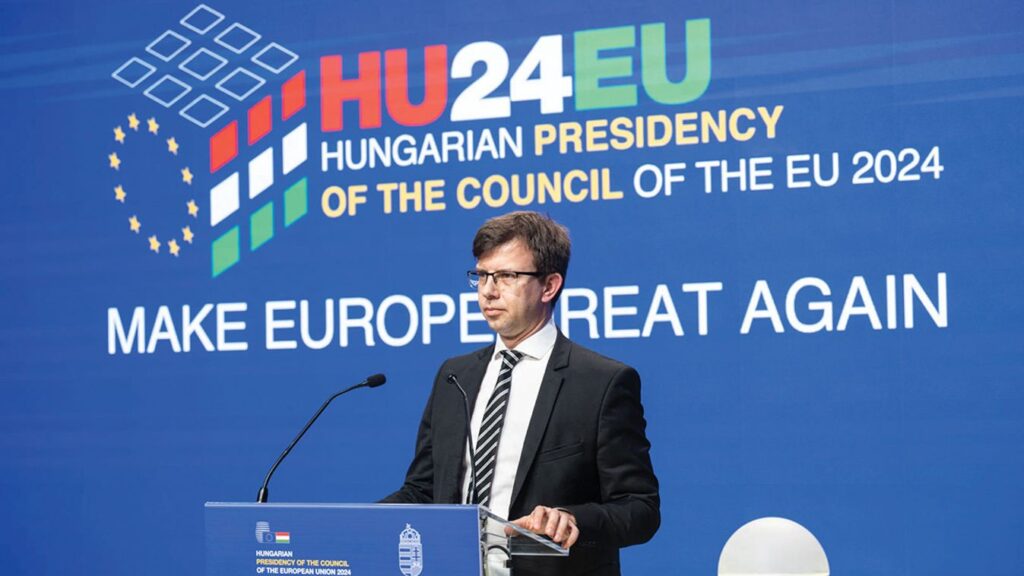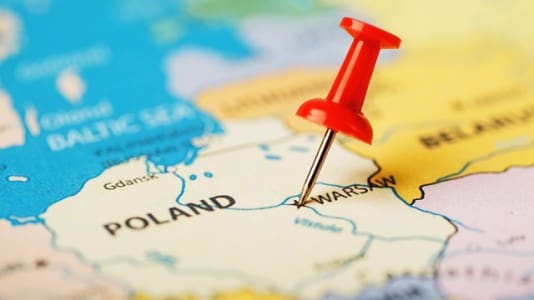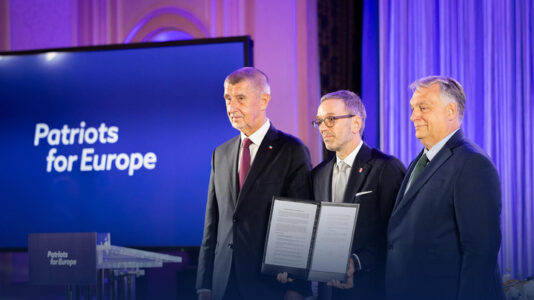The Hungarian EU presidency’s top priority is to improve the EU’s competitiveness — so much so that not only the Hungarian cabinet but also Europe’s more sensible populist governments, have been sounding the alarm for months.
According to Eurostat data, the EU economy grew by 0.4 percent year-over-year in the first quarter of 2024, compared with 3 percent in the U.S., 5.3 percent in China, 5.4 percent in Russia, and 8.4 percent in India.
Several reasons can be identified for this, ranging from issues that have lingered for decades to more current developments. For one, it is more difficult to grow from a high base, such as seen in Europe’s most advanced economies, than those from a lower base in poorer countries. At the same time, China is managing to implement the green transition without serious economic damage, while the EU economy is suffering spectacularly from the European Green Deal. Additionally, the continuous exodus of industry from the EU due to the non-drastic but sustained increase in energy prices caused by sanctions has meant predominantly export-driven economies are suffering badly from the Commission’s dismal record under von der Leyen on free trade agreements. Notably, nothing of substance in terms of trade has been produced at the EU level except the low-key EU-Vietnam agreement negotiated in the previous term, while negotiations remained stalled with South America, Australia and Southeast Asia.

The Hungarian presidency is also preparing a strategic debate on the future of cohesion policy, and its aim is to ensure that cohesion remains territorial — i.e., continues to help the less developed member states — and does not become a social fund, which would allow more developed member states to draw down funds.
Another important objective is that European agricultural policy under the Hungarian presidency should take a farmer-centric approach, and demographic considerations should be taken into account in all policymaking decisions.
Looking at the implementation plan, it is no exaggeration to say that the Hungarian presidency will add a fourth capital, Budapest, to the three traditional EU capitals — Brussels, Strasbourg and Luxembourg. There will be 135 official EU events in Brussels and 200 in Hungary during the six-month presidency. The majority of these will take place in Budapest — at the Várkert Bazaar, the Bálna, the world-class buildings of the Liget project, and the Puskás Arena, where an EU summit and a European Political Community summit are planned.
The Hungarian city will be so busy that Terminal 1 of Liszt Ferenc International Airport will be reopened for the presidency to cater exclusively to VIPs — a very expensive proposition if the government wanted to do this with a privately owned airport. However, with Orbán’s decision to purchase and nationalize Budapest’s airport, the potential cost savings from this move alone will make it worth the price of purchase.
So, it is no exaggeration to say that, politically speaking, Hungary is hosting the Olympics, and the eyes of Europe will be on us — not for two weeks, but for six months.






